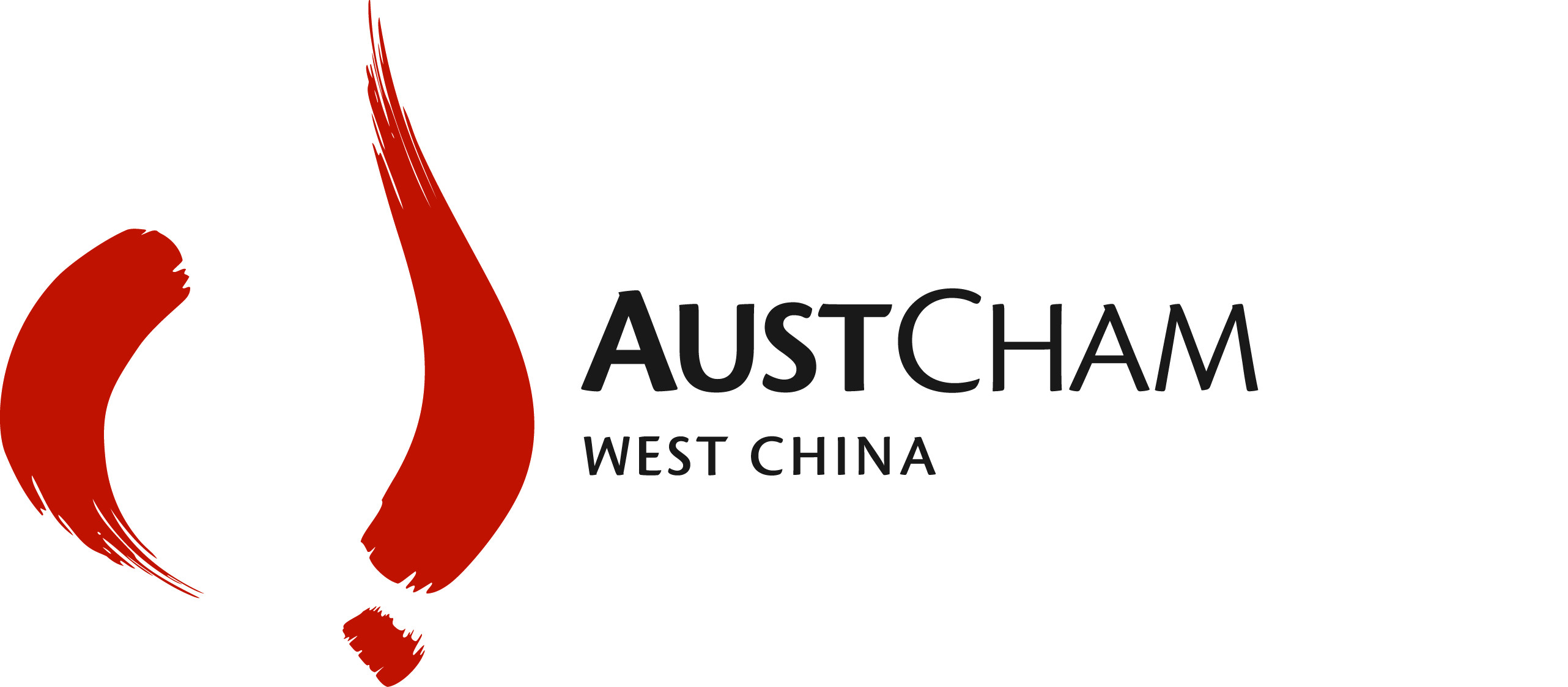Date: Tuesday, 22nd September 2015
In Focus: Lamb Market Update (English)
Source: NAB, 15 September 2015
Lamb prices follow a generally seasonal pattern, rising early in the year before declining in spring, as the spring lamb supply becomes available. While we still expect that prices will drop off as supply comes online in the spring, our overall forecast is that prices will increase moderately on average in 2015-16 – up 1.2% (AUD) for the period. While domestic per capita consumption of lamb has been falling, exports of processed lamb have been generally on the rise and have been the destination for much of the additional lamb supply over the last five years.
Commodity countries’ Fed relief will be short-lived (English)
Source: The Sydney Morning Herald, 21 September 2015
The global economic divergence which weighed on the US Fed’s decision on Friday will be back on show this week with crucial central bank meetings in some of the countries most affected by the Chinese slowdown and weak commodity prices. The Australian dollar on Monday continued to ease, trading at US71.75¢, compared with US72.12¢ on Friday. Although the prices of agriculture products have stabilised recently, ongoing concerns have fueled capital flight from commodity-exporter countries.
China FTA delay would be reckless and unforgivable (English)
Source: National Farmers’ Federation, 16 September 2015
According to NFF, failure to ratify the China-Australia Free Trade Agreement could cost the Australian agriculture sector up to $18 billion over ten years. The China FTA will remove over 85% of the taxes and duties imposed on Australian goods this year, rising to 93% after four years and 95% when it is fully implemented. They believe that the timing is critical, with implementation needed before December 31.
Source: MLA, 17 September 2015
Australia represents the largest share of China’s beef imports and has seen steady growth in export volume this year. Australia’s market share of beef imports to China is still the largest, however, decreasing from its peak in 2013 (53%) to 39% during 2014. Its market share has been mainly taken by Uruguay and Argentina with more competitive price. Therefore, analysts suggest they should focus on ChAFTA and higher value cuts.
This brief summarises a range of publicly available news articles in both Chinese and English and AustCham takes no responsibility for the accuracy of the information in these articles. In addition, the views and opinions reflected in these articles are not necessarily representative of AustCham.
For more details on how to get involved in the AustCham Beijing Food & Agribusiness Services Working Group, please contact Andrew Britz.

Write a Comment